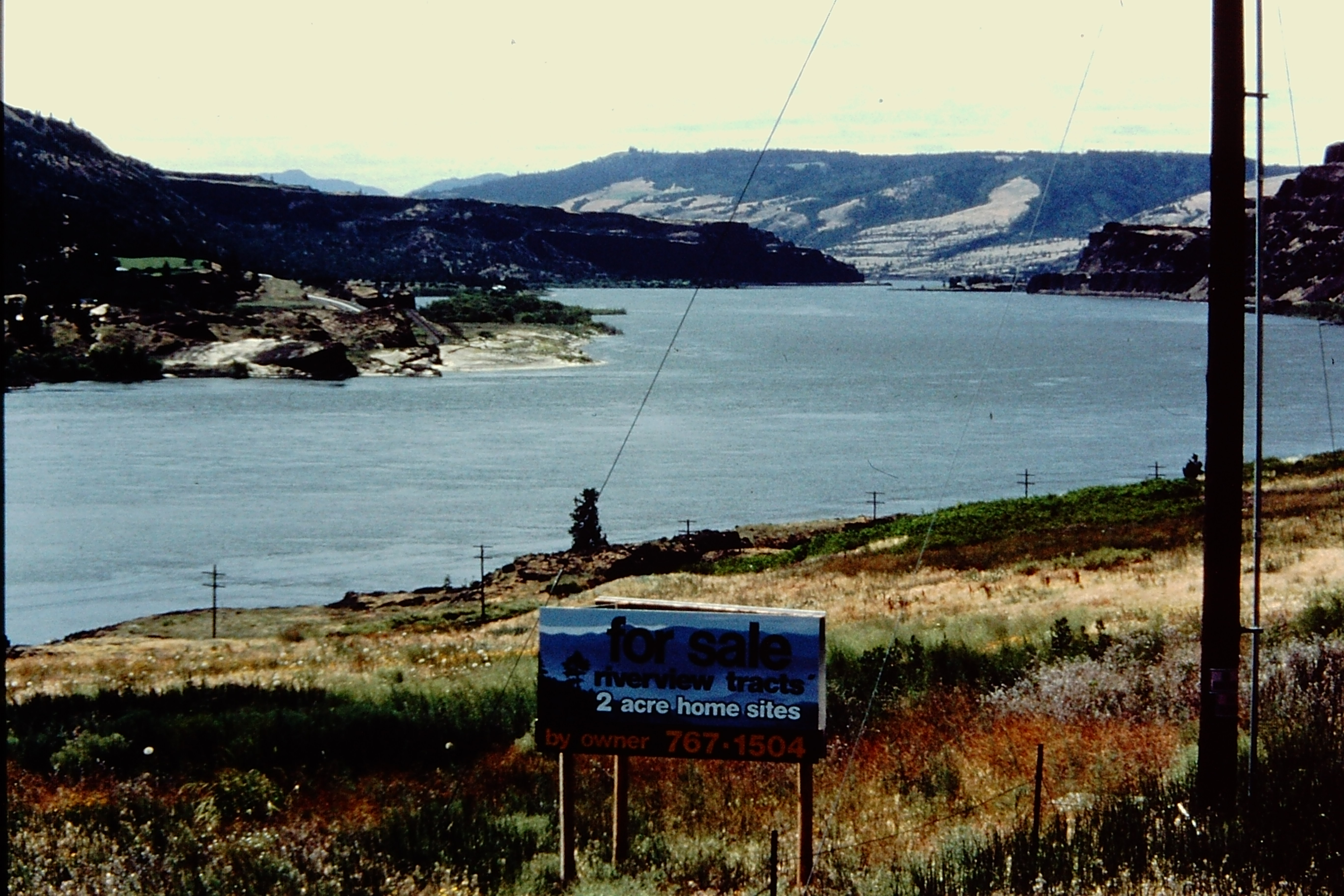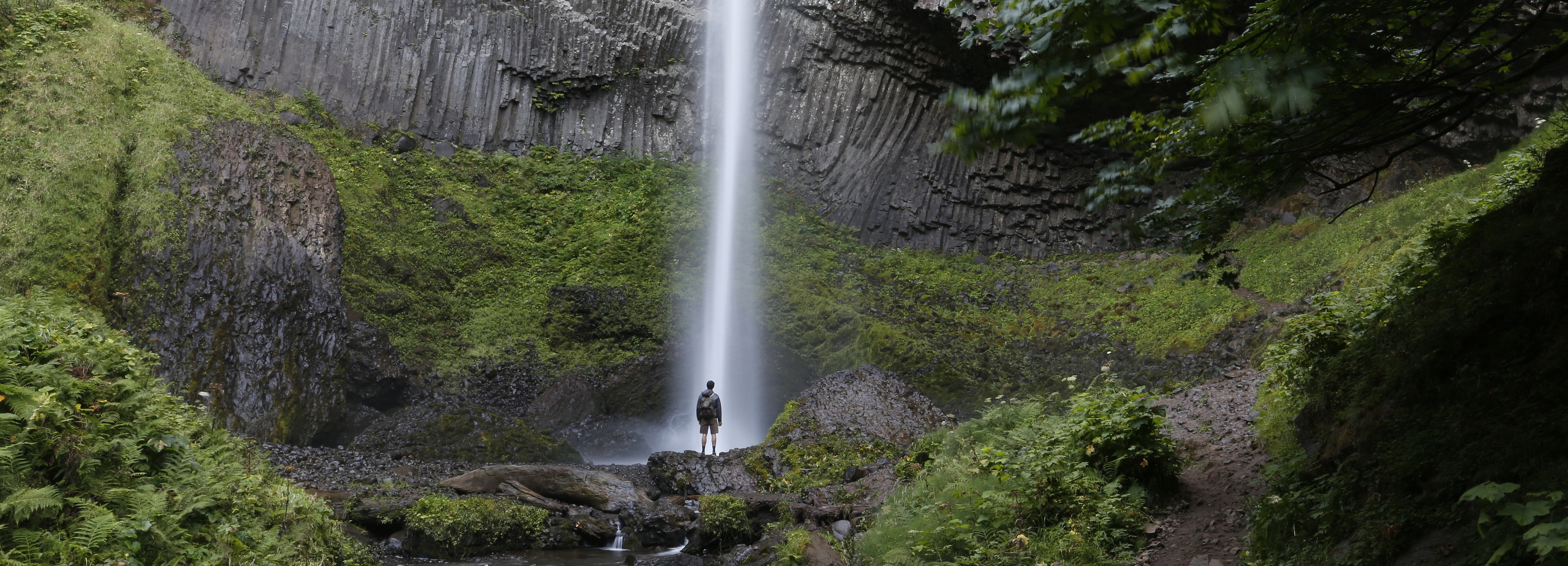
The economy was in a deep recession in 1980 and a misunderstood disease called AIDS was ravaging some communities as our government was slow to respond. Stark political differences existed in Washington, DC and many questioned if the country’s best times were behind us.
But from darkness comes light and so it is perhaps fitting that the worlds of 1980 and 2020 collide. And just as Friends launched in 1980, it sets for a relaunch of sorts in 2020. First, with our look. Next month, we will unveil a new logo and look for the organization. It is an acknowledgement that the organization cannot simply view the Gorge from a Portland perspective looking east. Our membership is Oregonian and Washingtonian, east Gorge and west Gorge, and citizens from across the country and beyond. Our membership is also diverse of ethnicities and interests. While many of our members find solace on Gorge trails, we are not a hiking club and we never want to send the message to those who don’t hike that they aren’t welcomed to our community.
With a new logo comes a new perspective that puts our four decades into a greater context. Right now, sturgeon that are twice as old as our organization prowl the depths of the Columbia River. Indigenous communities flourished in the Gorge for thousands of years before our founder first opened our doors. Volcanoes, earthquakes, and molten lava played havoc with the area for millions of years before we led our first hike.
Placing our 40 years against the time span of the Columbia Gorge reminds me of words I heard spoken in the late 1980s by an African-American Southern Baptist preacher. I was attending a friend’s college graduation and the preacher said to the crowd, “Your life is but a moment between two vast infinities. What are you doing with your moment?”
Forty years ago, inspired Oregonians and Washingtonians seized their moment to embrace a vision larger than themselves and launched Friends of the Columbia Gorge. In addition to forming an enduring nonprofit organization, six years later their efforts led to something unique in our country at the time: a bi-state National Scenic Area comprised of small towns within large natural areas, cultivated orchards alongside wild orchids, and quiet places of solitude tucked away from busy highways.
The Columbia River Gorge National Scenic Area continues to wrap a framework of protection around the Gorge, but the work is not done. True protection is a continuous human endeavor, a relay race handed from generation to generation. Those who came before us saw sprawling subdivisions as a major threat and they did something about it. In recent decades, the threat of industrial and commercial development became a major threat and we did something about it. Today, we recognize climate change and vehicle congestion as major threats and we are compelled to act.

To meet these new challenges, we must push ourselves to look beyond the familiar faces and strategies that brought us here. We need to explore new solutions, engage new generations, and invite diverse communities into this expanding conversation. The Gorge we inherited and the Gorge we will leave to those who follow is a vast yet vulnerable space, and we live but one brief moment within this space. The question for all of us today, as the good Baptist preacher asked decades ago, is “What are you doing with your moment?”

Photos:
- Lots for sale, proposed riverside subdivision in the eastern Columbia Gorge, 1980 (Friends' archive)
- Kevin Gorman watching salmon with St. Andrew Nativity School students, Great Gorge Wahoo! outdoor education program, 2019 (Brandon Davis)


